1. Gas Pumping Laws
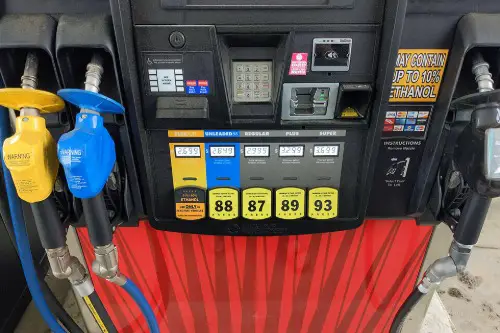
In New Jersey and Oregon, laws long required attendants to pump gas for drivers, partly for safety and partly as a job-creation measure. Many residents are attached to the tradition, saying it’s more convenient not to leave the car. Meanwhile, most other states see it as common sense that you should just pump your own fuel. The difference has led to decades of debate about whether pumping gas is a “freedom” or just a chore.
Critics in red states often mock these laws as silly government overreach. Defenders in blue states counter that it’s about preserving jobs and safety. The clash gets symbolic, representing government regulation vs. personal responsibility. What outsiders see as a quirky inconvenience becomes a flashpoint for “nanny state” vs. “rugged individualism” arguments.
2. Straw Bans

Several blue states and cities have banned plastic straws to reduce ocean pollution. Supporters say it’s a small but meaningful step in protecting marine life. Red state critics often frame the bans as unnecessary micromanagement that punishes businesses. Some even point out that straws are only a tiny fraction of plastic waste.
The conflict turns absurd when you consider how heated it gets over such a small item. Fast-food chains have had to navigate state-by-state rules, creating more confusion than clarity. Meanwhile, conservative pundits use “straw bans” as shorthand for government overreach. What started as an environmental initiative often ends up as a cultural wedge.
3. Soda Size Restrictions
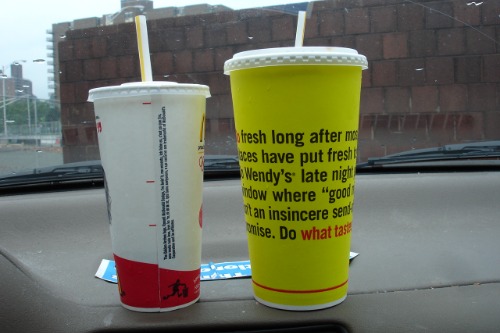
New York City attempted to ban oversized sugary drinks, sparking national debate. Blue state advocates argued it was a public health measure against obesity. Red state voices blasted it as government telling people what they can drink. The whole thing quickly became a meme about “nanny state” rules.
What made it silly was how much airtime a soda cup got in national politics. The measure didn’t survive court challenges, but the idea stuck as a culture war reference. Opponents painted it as a symbol of elitist urban micromanagement. Even today, people joke about “illegal Big Gulps” when discussing regulations.
4. Plastic Bag Bans
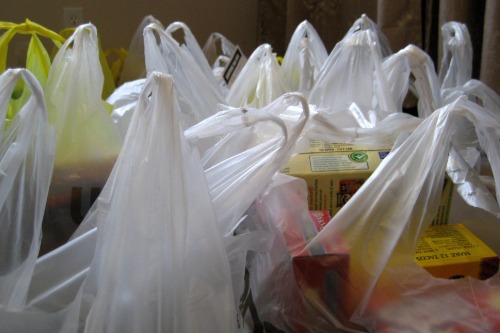
Many blue states have banned single-use plastic bags to reduce waste. Environmentalists say it cuts down on pollution and protects wildlife. But in some red states, legislators went so far as to ban local governments from banning bags. Yes, that means “bans on bag bans.”
The tug-of-war makes what should be a practical recycling issue into a cultural standoff. Some conservatives call reusable bags unsanitary or inconvenient. Liberals argue that small inconveniences add up to meaningful environmental benefits. Both sides dig in so hard that carrying groceries becomes political.
5. Raw Milk Sales
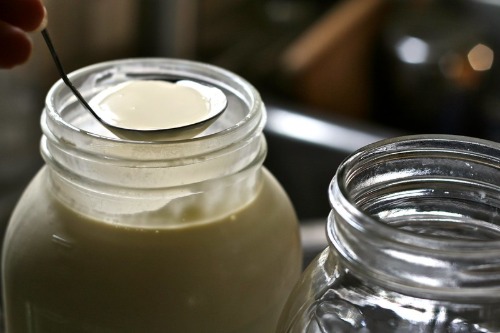
Some red states allow raw milk sales, framing it as freedom of choice. Blue states generally restrict it, citing health concerns like E. coli. Farmers and consumers in red states argue it’s about personal liberty and tradition. Regulators in blue states say it’s simply about protecting public safety.
The conflict seems almost comical because it’s milk, not alcohol or drugs. Yet advocates on both sides are surprisingly passionate. To some, it’s a fight over food freedom and distrust of government oversight. To others, it’s a matter of preventing outbreaks traced to unpasteurized dairy.
6. Fireworks Restrictions

Blue states with dry climates often restrict or ban fireworks for fire safety. Red states are more likely to allow them, emphasizing celebration and freedom. Residents sometimes cross state lines just to buy fireworks where they’re legal. That has led to police checkpoints and even sting operations near borders.
It’s a strangely intense fight over sparklers and bottle rockets. People in favor of restrictions point to wildfire risks and ER visits. Opponents argue adults should decide for themselves how to celebrate. Each Fourth of July, the same debate reignites along with the fireworks.
7. Daylight Saving Time Standoffs
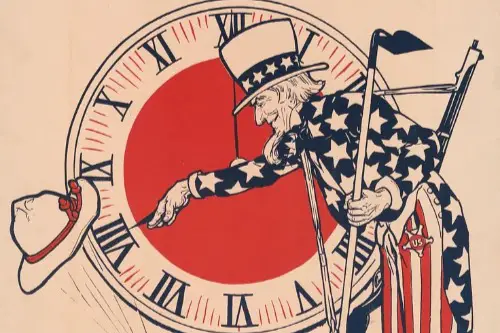
Several red states have passed measures to stop switching clocks twice a year. They argue it’s outdated and disruptive. Blue states often push back, saying it requires federal approval and isn’t so simple. The mismatch leads to bills and resolutions that never go anywhere.
It seems silly that changing clocks has become political. Advocates on both sides insist they’re standing up for common sense. Yet Congress has been unable to act, so states keep bickering. Twice a year, Americans gripe while politicians point fingers.
8. Alcohol Sales on Sundays

In some red states, so-called “blue laws” limit alcohol sales on Sundays. They’re often rooted in old religious traditions. Blue states generally allow full weekend sales, seeing restrictions as outdated. The rules vary so much that travelers get confused stopping for a six-pack.
It’s almost comical that buying beer can still depend on which side of a state line you’re on. Supporters of bans argue it preserves a day of rest. Critics call it pointless moralizing. For many, it highlights the strange ways religion still shapes law.
9. Marijuana Legalization
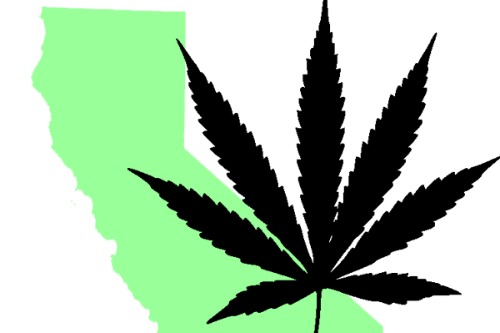
Blue states have led the charge in legalizing marijuana for recreation. Red states are far more hesitant, with many still criminalizing possession. Supporters of legalization frame it as both a social justice and tax revenue issue. Opponents cite health risks and morality concerns.
The irony is that public opinion polls now show majorities across both red and blue states supporting legalization. Yet politicians remain deeply divided along party lines. That creates a patchwork of legality where crossing state lines can make you a criminal. What some see as progressive reform, others see as a dangerous experiment.
10. Minimum Wage Increases
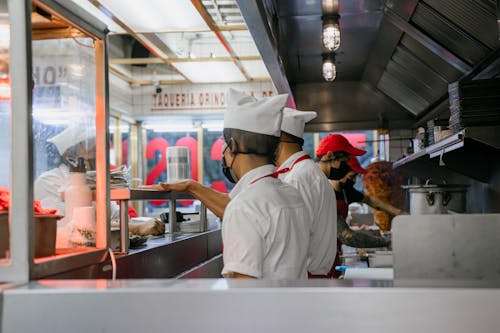
Blue states like California and New York have steadily raised their minimum wages. Red states often resist, arguing it hurts small businesses. Workers in blue states see it as a path to fairness in high-cost areas. The wage gap between states has grown dramatically.
It gets almost absurd when two bordering towns have completely different pay floors. Critics argue it drives businesses to relocate across state lines. Advocates respond that workers shouldn’t be trapped in poverty wages. The debate often feels less about economics than political identity.
11. Mask and Vaccine Mandates
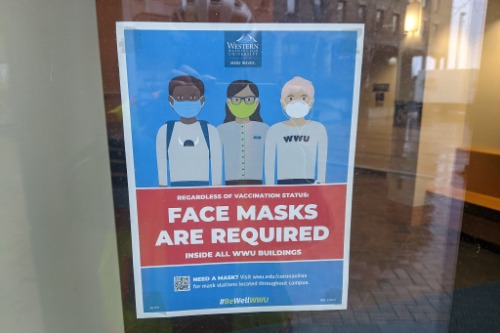
During the COVID-19 pandemic, blue states leaned heavily on mandates. Red states often banned them outright, even preventing local governments from requiring masks. The arguments went beyond science into freedom, control, and cultural identity. Each side saw the other as irrational.
What made it silly at times was how symbolic masks became. A piece of cloth turned into a political statement louder than words. Families even split over who would or wouldn’t wear one at gatherings. Public health became theater in the red-blue divide.
12. School Curriculum Fights

Blue states often emphasize inclusive history and science education. Red states push back with laws limiting how race, gender, and sexuality are taught. Supporters say it’s about protecting kids from “indoctrination.” Opponents say it’s about whitewashing history or ignoring realities.
What makes it especially silly is how often the arguments are about books few students actually read. Local school board meetings turn into shouting matches over curriculum guides. Teachers are left confused about what they can or can’t say. The fight becomes less about education and more about cultural signaling.
This post 12 Red vs. Blue State Conflicts That Are Surprisingly Silly was first published on American Charm.


